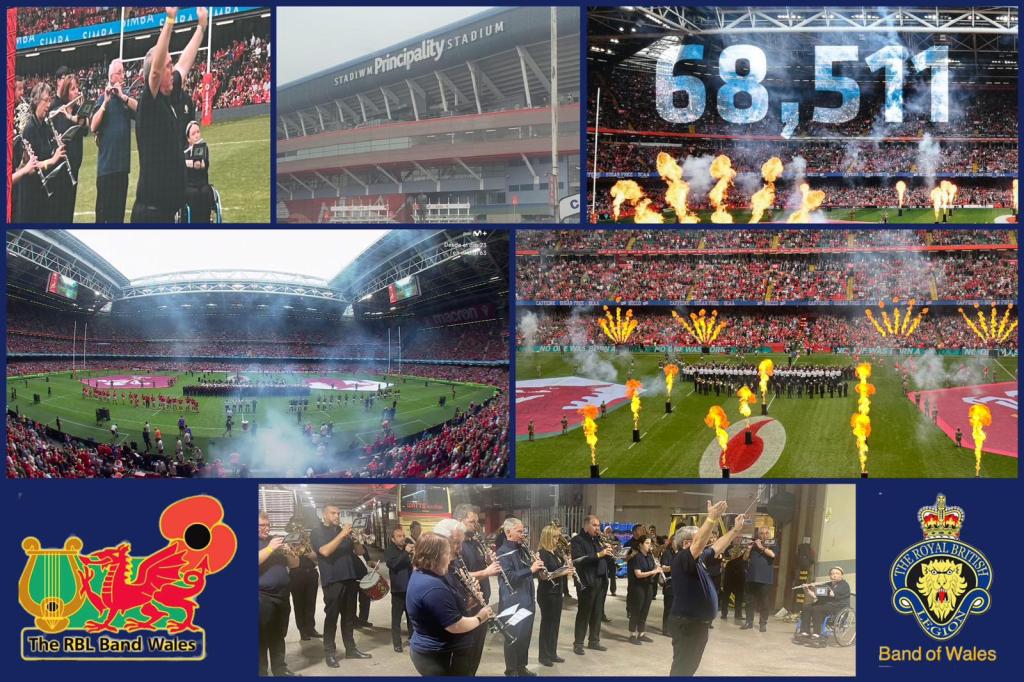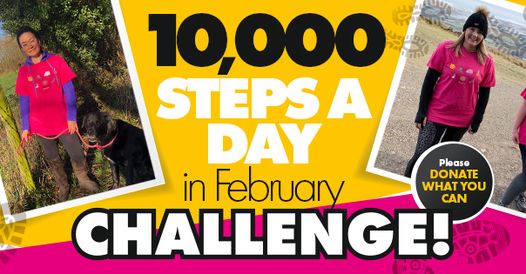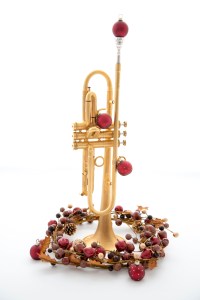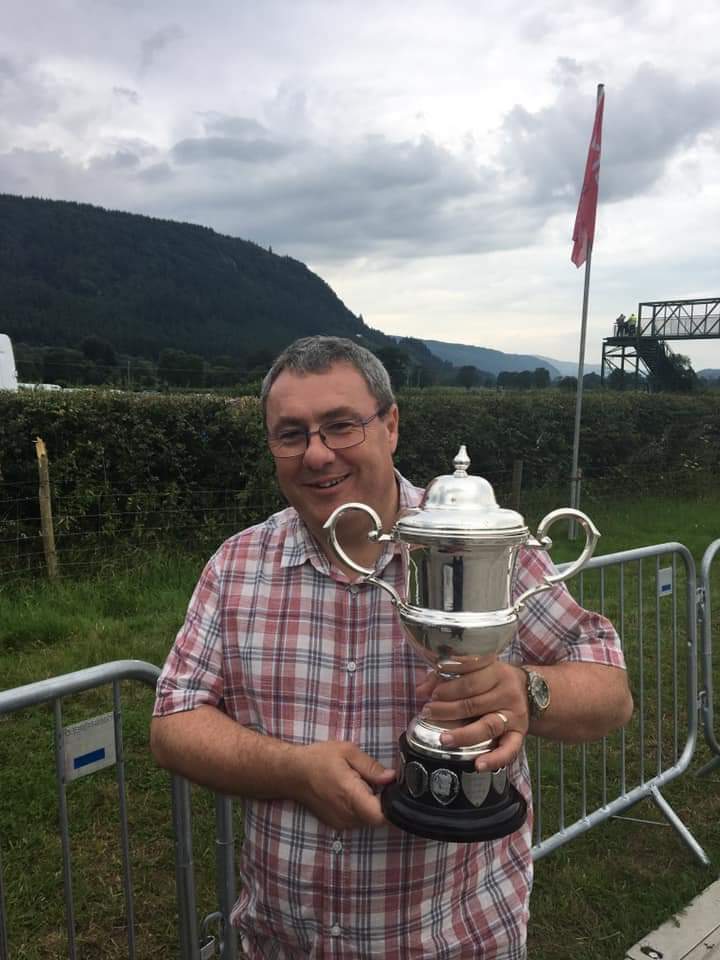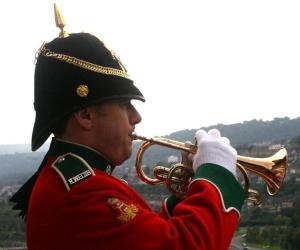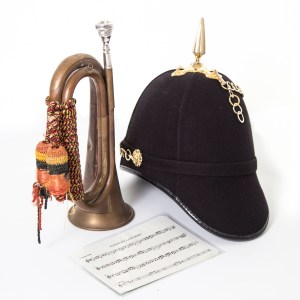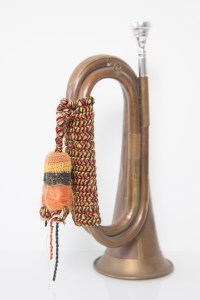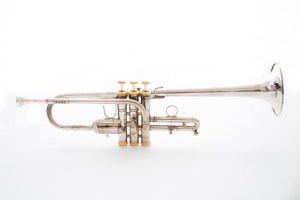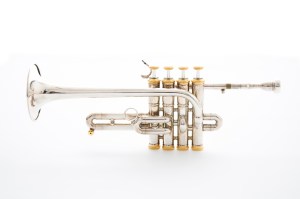“Grit” – Why passion and resilience are the keys to success. (Angela Duckworth)
Hello blog world. It’s been a while! Well over a year and a half, in fact, and I’ve been procrastinating and cogitating about re-starting my blog-writing and what topic to write about.
Covid and the pandemic was a pretty brutal experience and tested us all, (me included), to the very limit. It’s asked questions of us, many of which remain either unanswered, that have tested our resilience and resolve to the very limit, and beyond. On a personal level, I lost my Mum, not directly because of Covid, but it did compound issues and I’m convinced her death wouldn’t have happened had it not been for the restrictions/isolation etc. and I have mild long-Covid, having suffered with fatigue and a loss of taste, which makes eating more of a chore than a pleasure nowadays.
On a professional level, the Arts and the people involved in them have suffered particularly badly, with jobs sadly being lost and performers giving up their profession for assorted reasons, ranging from financial pressures, to lack of confidence in their own ability. I was one of the lucky ones, that managed to pull through the last few years, but it’s only now that I’m starting to feel a tad more positive (albeit guardedly) about the future.
Mixed emotions
So despite everything, and all that’s happened, I’ve come out the other end of it all, filled with contrasting emotions of sadness, but also an over-riding sense of gratitude.
Sadness, for the loss of my Mum, the upheaval and devastation to mine and other peoples’ lives, both personally and professionally and the impact that Covid had and is still having on our lives today. But on the flip side, there’s gratitude. “Gratitude! How can you find anything to be grateful for after the past 3 or so years?” I hear you ask. Well, readers of bestselling author Darren Hardy, will know that he advocates taking time to reflect and to think of all the positives in our lives, and drawing the positives from even the most negative of periods that we go through.
My gratitude takes into account, that despite losing my Mum during Covid, I was one of the fortunate ones that was able to be sat with her at her hospital bed in her final hours, unlike many poor families who were denied those precious moments and had to say their goodbyes via a telephone or i-pad. Next, I am grateful that I had the financial resilience to withstand losing virtually all of my freelance work during the pandemic and that I hadn’t lost both my marbles and my appetite to “get back on the horse” once restrictions were lifted.
“Another one (nearly) bites the dust”
One of the many musical activities that nearly bit the dust as a result of Covid, (due to players giving up playing altogether, or finding new hobbies and interests) and was one that I had personally invested a lot of time and effort in helping to get off the ground only 5 years ago – the Royal British Legion Band of Wales . Ironically, this was an ensemble that I’ve conducted on a voluntary basis, since it’s foundation, and could easily have been classed as a non-work project, not worth fighting for, and letting it go quietly, like many ensembles post-Covid.
Curiously though, this was one that I felt really passionately and strongly about and I felt that I owed it to the fellow-founders of the Band and the handful of remaining players, to stick with it and battle on! The “bad voices” in my head told me to focus on my work, and not to waste my time and efforts on projects that were dead in the water. Fortunately the “good voices” prevailed and thanks to the passion and resilience of a small cohort of players and administrators, the Band rallied, consolidated, grew and in partnership with some guest players from another band, managed on Saturday 19th of August 2023, to achieve what you see below! A Band that, during its short 5-year lifespan, went from near-extinction, to performing on a global stage, and is now looking forward to a future with much more positivity and enthusiasm.
To fill in the blanks, the Welsh Rugby Union invited the Band to perform alongside the Massed Choirs, the pre-match music and national anthems for the Wales v South Africa Rugby International, which was the final warm-up game for Wales, prior to going to France for the 2023 Rugby World Cup Finals. Not a bad gig I’m sure you’ll all agree and one in which the Band acquitted themselves brilliantly! A great day was had by all ….. apart from the Welsh team, who sadly got trounced by the Bokke!
Following the glitz and glamour of performing at the Principality Stadium, we’re back to it in a couple of weeks after our Summer break, and it will be back to the “real world” of rehearsals and preparation for upcoming events, including Remembrance commemorations of course, but none of this, nor the Stadium appearance would be possible without Grit!
Was there ever a better reason to highlight why passion and resilience are the keys to success?


